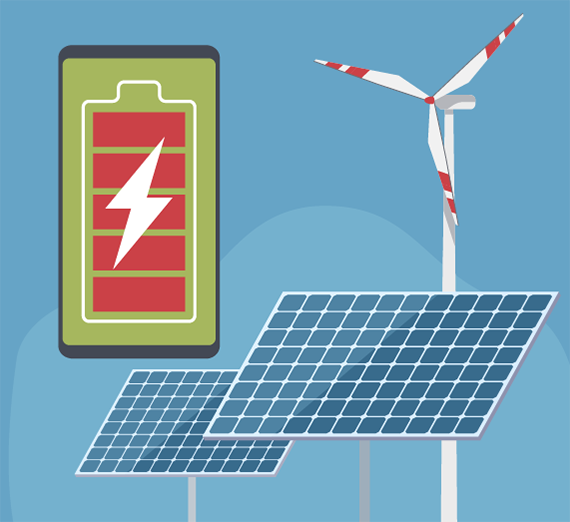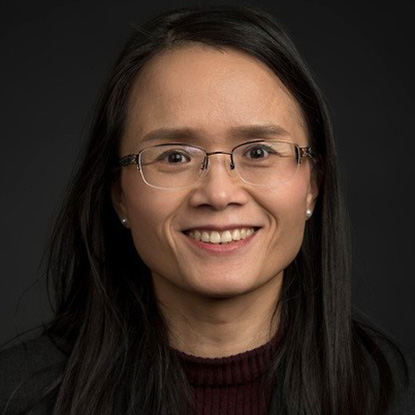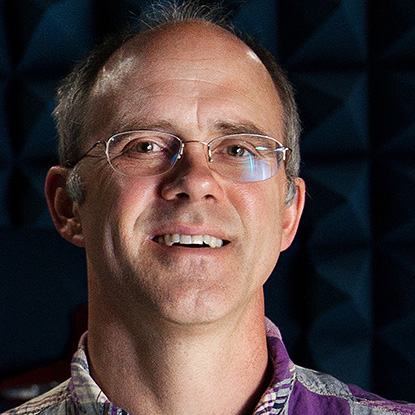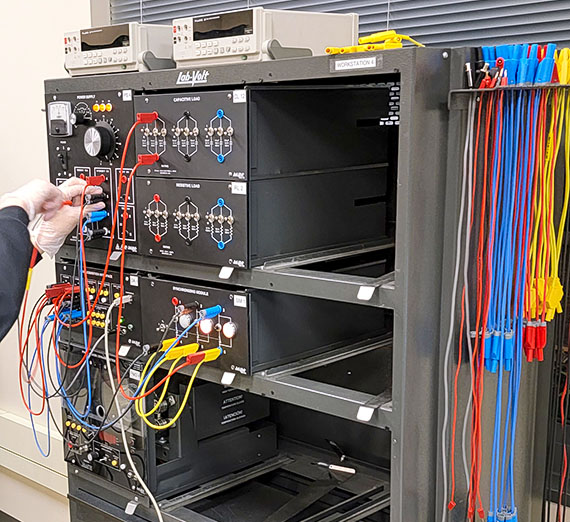
Make a positive impact on the environment and create a more sustainable world for future generations. The power system in the United States is a vast network that connects generators, substations, and consumers together. Power system analysis helps identify and protect against faults or problems in the system. Additionally, this field explores green energy systems, such as solar, wind, hydro, and other sustainable power sources, which aim to provide clean and renewable energy for a greener future.
What can you do with Power and Green Energy Systems?
Power engineers professionals work for multiple types of organizations such as power generation companies, utility companies, renewable energy companies, government agencies, research institutions, and consulting firms. These are a few of the higher-paying careers:- Power Systems Engineers design, analyze, and optimize power systems to ensure efficient and reliable electricity generation and distribution.
- Renewable Energy Engineers develop and implement solar, wind, and hydroelectric power technologies for residential, commercial, and industrial applications.
- Energy Storage Engineers develop batteries and flywheels to store and manage electricity generated from renewable sources.
- Sustainable Energy Consultants assess organizations' energy needs and develop strategies to reduce energy consumption and transition to sustainable energy sources.
What you'll study in Power and Green Energy Systems
Gonzaga students learn about electrical circuits, introduction to electric power engineering--including power energy, renewable power energy, generators, motors and transformers etc--power grid analysis, protection of systems, and other related topics.



